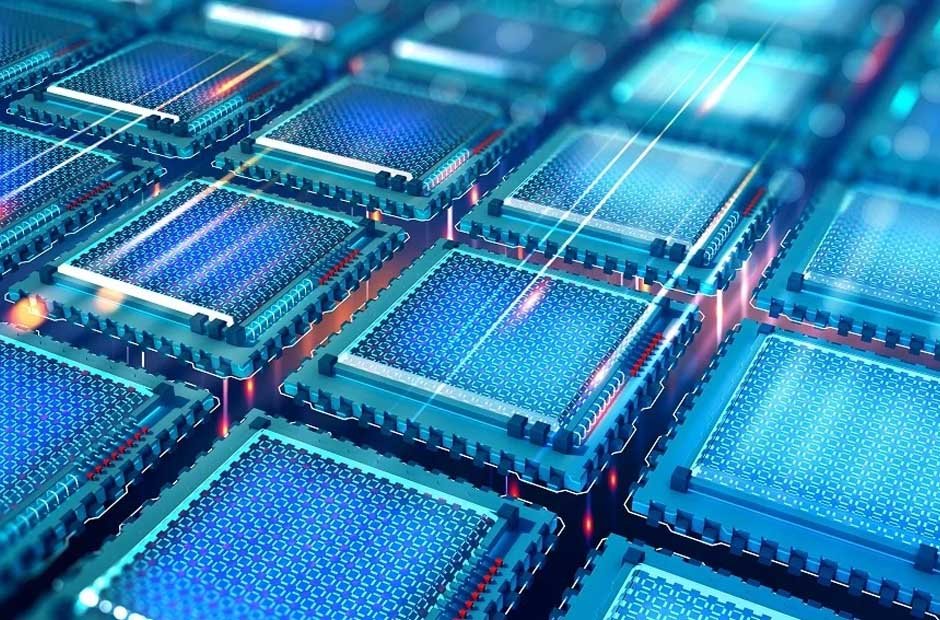In today’s rapidly evolving world, the domain of computing is witnessing a revolution caused by emerging technologies. These technologies are shaping the future of computing in manifold ways. From quantum computing to artificial intelligence, blockchain, and 5G networks, these innovations are redefining the way you work, communicate, and interact with the digital world. By the end, you will study these emerging technologies and their potential to recast the landscape of computing.
Table of Contents
Emerging technologies in the domain of computing
Here are some emerging technologies:
● Quantum computing
The area of quantum computing has recently enticed a lot of interest. Quantum computers utilize quantum bits which are also known as qubits. Classical computers use bits as the fundamental unit of data storage and processing. Qubits have a feature known as superposition that authorizes them to exist in many states at once. As a result, some calculations can be completed by quantum computers far more quickly than by traditional computers.
Quantum computing offers several benefits for IT users. Quantum computers can execute computations at incredible speeds, which makes data processing tasks faster. This feature can usher in quicker data analysis, decrease wait times, and enhance overall system performance. Not only this, Quantum computing can also challenge and strengthen data security. Quantum computers are proficient at solving intricate mathematical and optimization problems. IT users can utilize this capability for tasks such as network optimization, resource allocation, and system design, which will direct to more efficient IT infrastructure.
● Artificial intelligence (AI) and machine learning
From recommendation engines on streaming platforms to virtual personal assistants like Siri and Alexa, AI and machine learning have already impacted the daily lives of internet users. The advancement of AI and machine learning is linked to the future of computing. An addition of machine learning called deep learning has also made significant advancements in autonomous systems, computer vision, and natural language processing. You may expect more refined applications in industries like self-driving cars, finance, and healthcare as AI algorithms continue to grow and more data becomes accessible.
Artificial Intelligence (AI) and Machine Learning (ML) deliver multiple benefits to IT users. AI and ML can automate routine and repetitive IT tasks. This feature reduces manual workload and allows IT professionals to concentrate on more strategic and intricate projects. AI-powered cybersecurity tools can catch and respond to threats in real-time. They can recognize any abnormalities and potential breaches faster than traditional methods, which strengthens IT security. In IT infrastructure management, AI-driven predictive maintenance can predict equipment failures, this prediction enables timely repairs or replacements.
● 5G
The introduction of fifth-generation wireless technology, or 5G, is set to revolutionize how you connect to the internet. In comparison to earlier generations, 5G furnishes much quicker data transfer rates and lower disruptions. The high speed and reliability of 5G will encourage new applications that were previously impossible or impractical, such as remote surgery, immersive gaming, and smart infrastructure. It’s not just about faster smartphones, it’s about a connected world where data streams immediately and without interruption.
5G presents faster download and upload speeds as compared to other networks. IT users can access and transfer large files, data, and media content in a fraction of the time it took with previous networks. Not only this, but 5G networks also supply ultra-low latency, which diminishes the delay in data transmission. This is compulsory for applications that mandate real-time data processing, such as video conferencing, and online gaming. With 5G, IT users encounter more reliable and stable connectivity, even in crowded areas or during peak usage times. This ensures uninterrupted access to necessary applications and services.
● Biometric authentication
A more convenient and safe way of unlocking devices and services is through biometric identification. Biometric unlock employs distinctive physical or behavioral qualities which include speech patterns, facial recognition, and fingerprints. Many smartphones and computers now add this feature of biometric authentication, and it’s likely to extend into a wider range of applications like healthcare, financial services, and government identification.
Biometric authentication offers a range of significant benefits for IT users. Biometric authentication depends on unique physical or behavioral characteristics such as fingerprints, iris scans, or facial recognition. This makes it extremely challenging for unauthorized users to gain access, which significantly enhances security as compared to traditional password-based methods. IT users now don’t have to remember complex passwords or worry about password management. Biometrics proposes a seamless and convenient way to prove identity and reduce the risk of password-related security breaches.
The future of computing is a thrilling journey. Emerging technologies like quantum computing, artificial intelligence, biometric authentication, and 5G are a major part of this transformation. They are recasting industries, enhancing your daily lives, and opening doors for new opportunities. If you’re unaware of these transformations and want to engage them in your businesses, hire a managed IT service Chicago.










